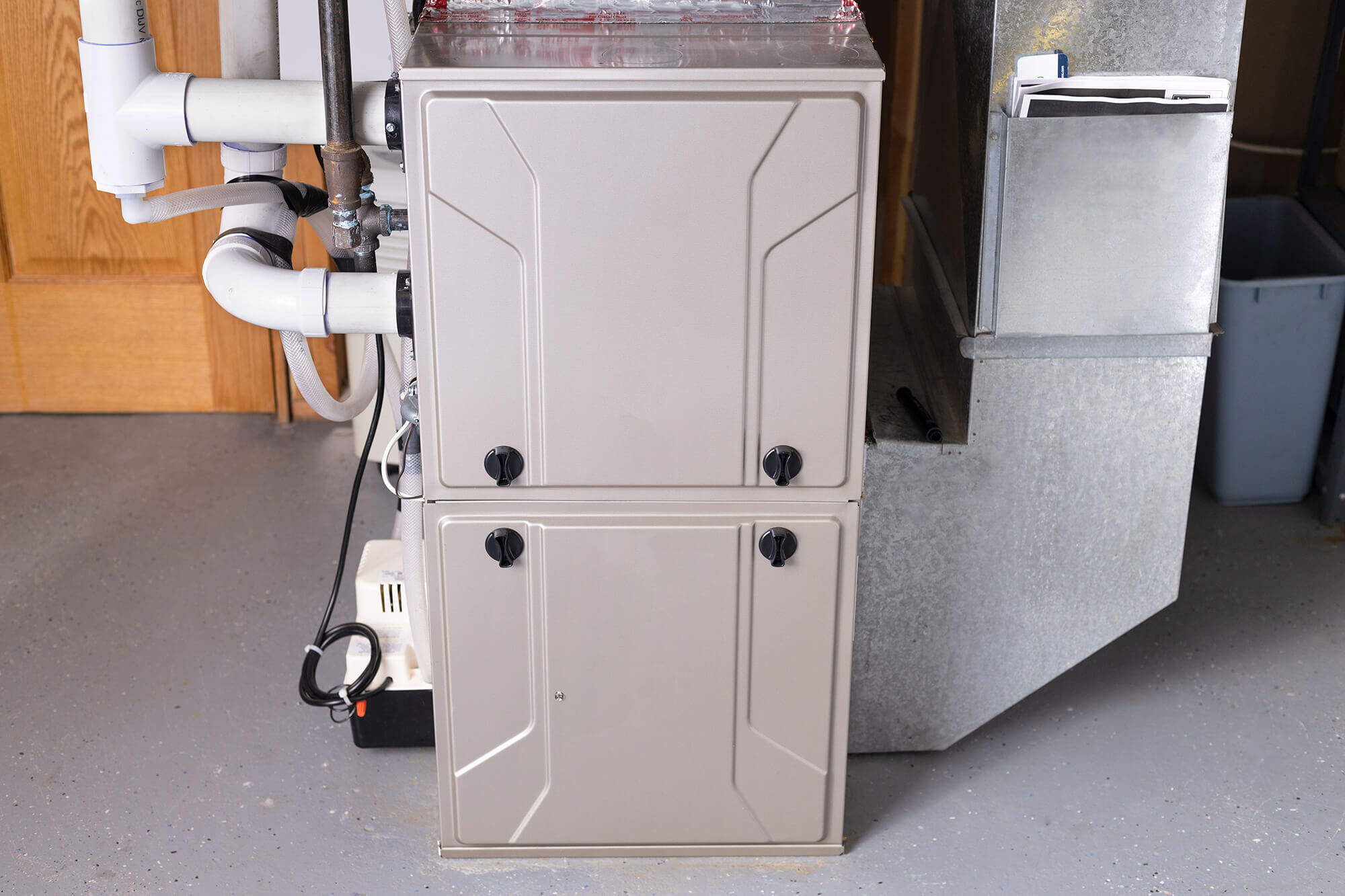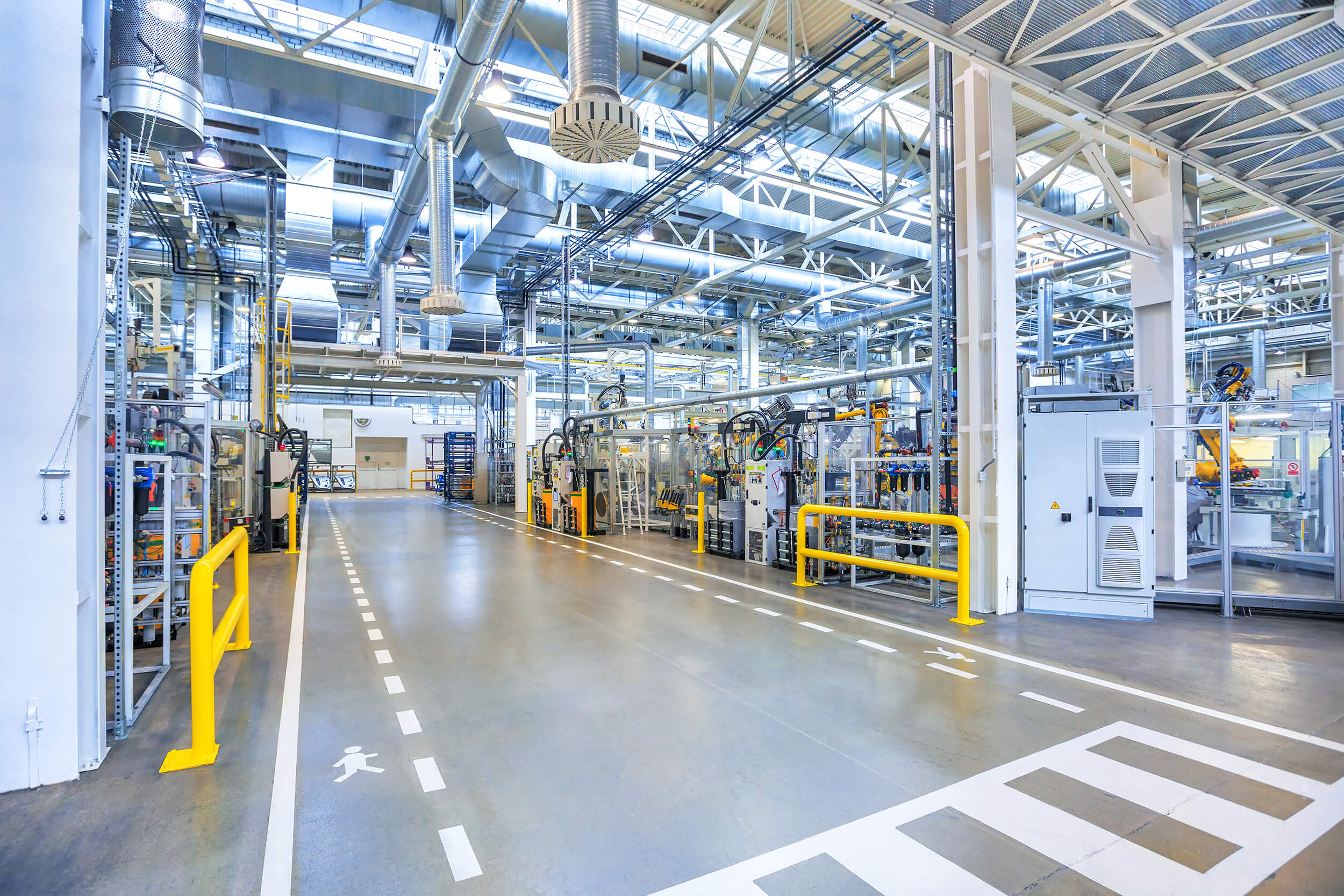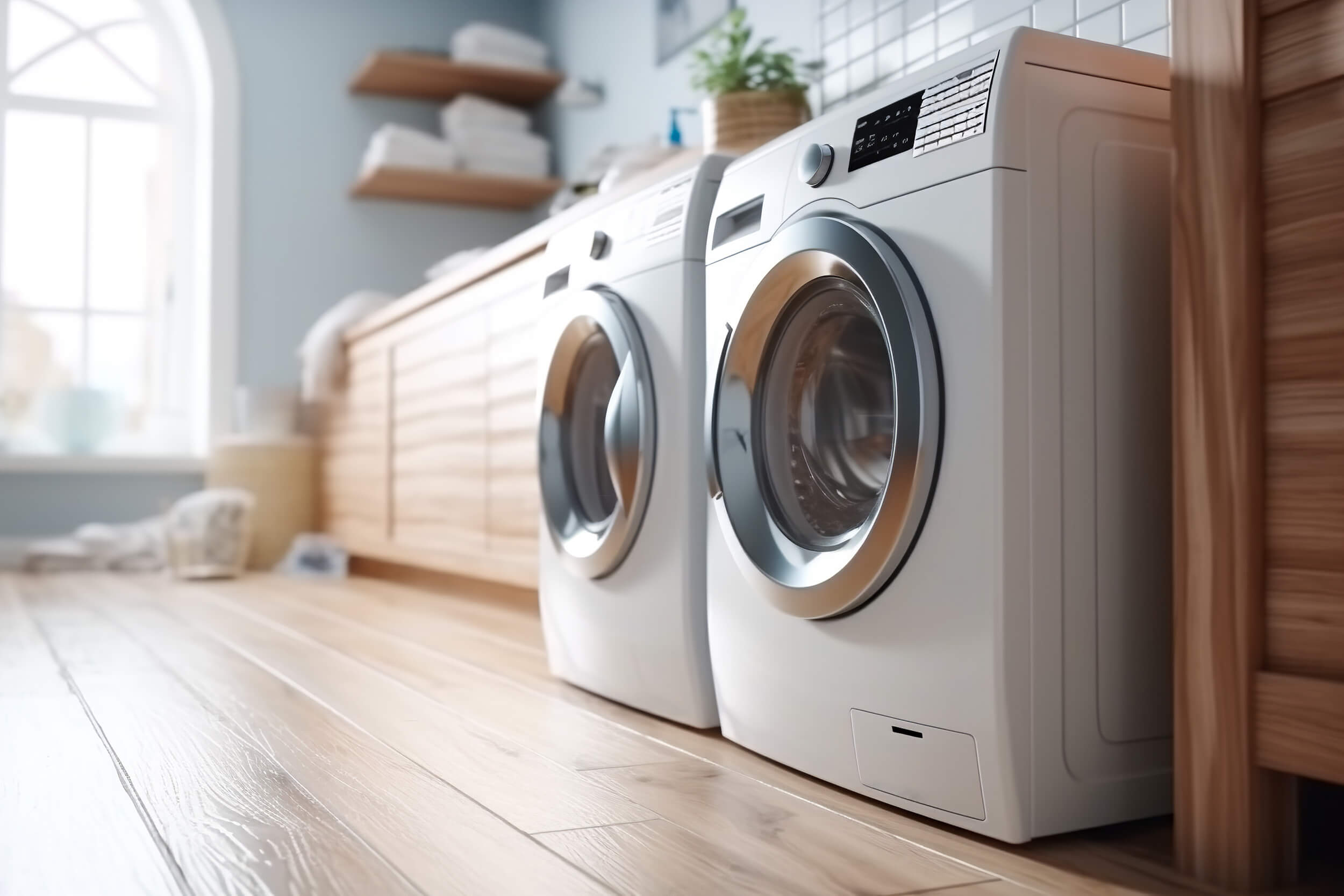The US Department of Energy (DOE) proposed new efficiency standards today for kitchen ovens that would improve cooking efficiency and reduce “vampire” energy waste. The proposed standards would cut energy use by 3-12% for electric ovens and 11-33% for gas ovens relative to today’s baseline products.
DOE estimates that ovens meeting the new standards sold over 30 years would reduce national energy consumption by 700 trillion Btus, an amount equal to the annual energy consumption of 3.9 million U.S. households, and net savings of $4.7-11.0 billion for consumers.
Unlike other major home appliances including refrigerators, clothes washers, and dishwashers, there are currently no energy efficiency performance standards for ovens. For gas ranges and ovens, there is a prescriptive requirement which prohibits standing pilot lights, while there are no efficiency requirements for electric cooking products.
The proposed new standards would both improve cooking efficiency and cut standby (or “vampire”) energy waste. Ovens consume standby energy to power the clock and electronic controls even when the oven is not being used. The proposed standard levels vary depending on the fuel type (electric vs. gas), oven type (standard vs. self-cleaning), and configuration (free-standing vs. built-in).
The cooking efficiency of both electric and gas standard ovens can be improved by using better insulation, while standby power can be reduced by utilizing switch-mode power supplies, which are widely used in power supplies for electronics such as cell phones, laptops, and digital cameras. The cooking efficiency of gas ovens can also be improved by using an electronic spark ignition system and optimizing the design of the burner and cavity.
New efficiency standards for ovens would follow standards issued in 2013 for microwaves and which will take effect in June 2016. These first-ever standards for microwaves set a maximum standby power of 1 watt for most products.
DOE is also considering establishing energy efficiency performance standards for cooktops. However, DOE has deferred proposing standards for cooktops until a new test procedure can be finalized. The new test procedure would provide a method for testing both conventional electric cooktops as well as induction cooktops which can provide better efficiency.
The new standards for ovens would take effect three years after publication of the final rule.





